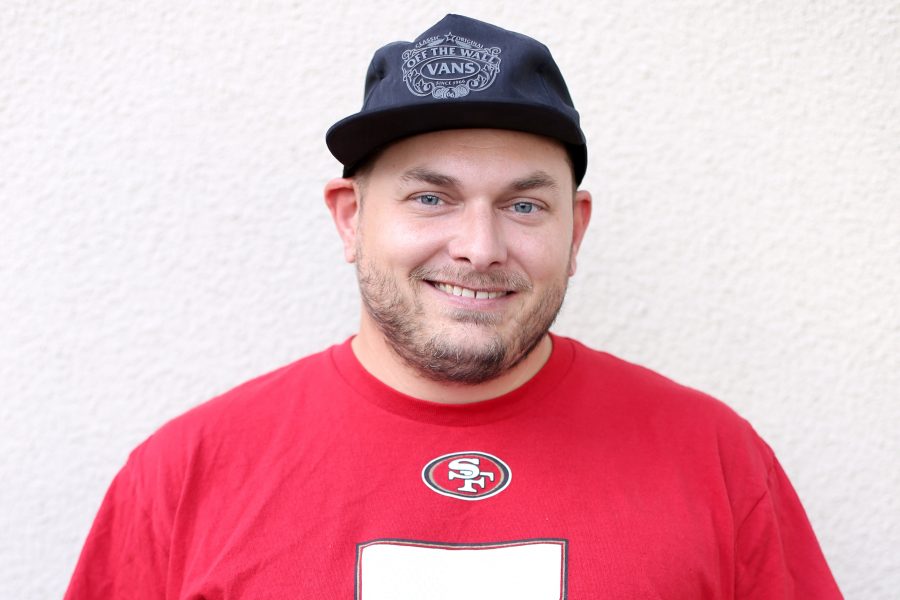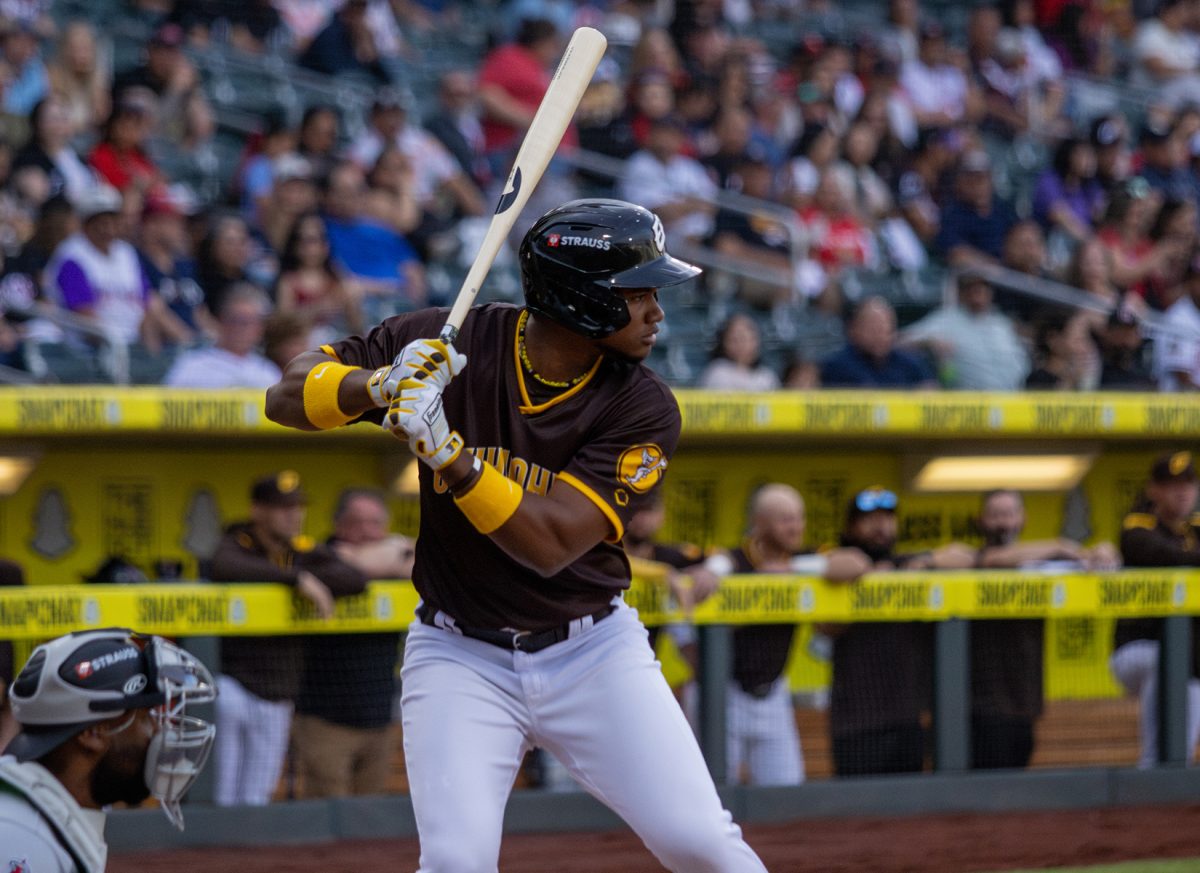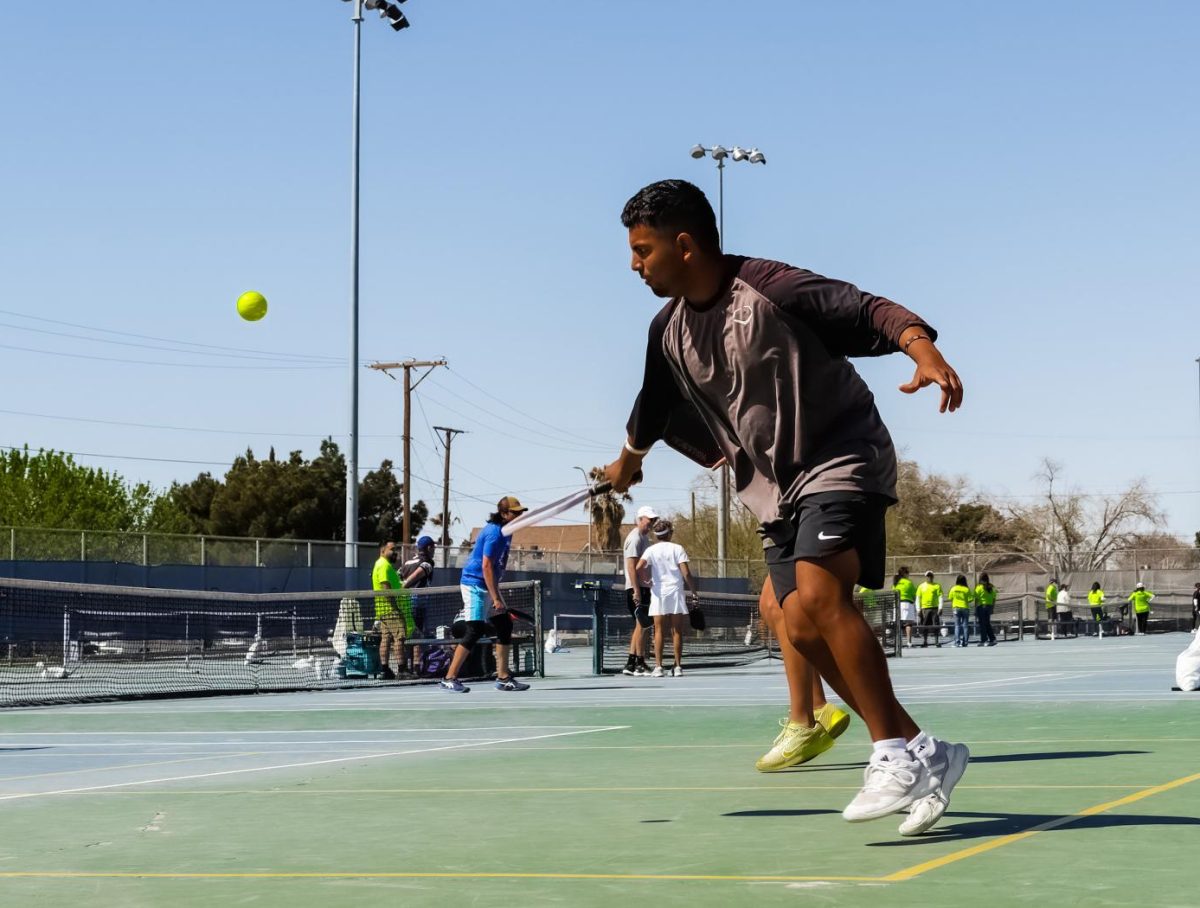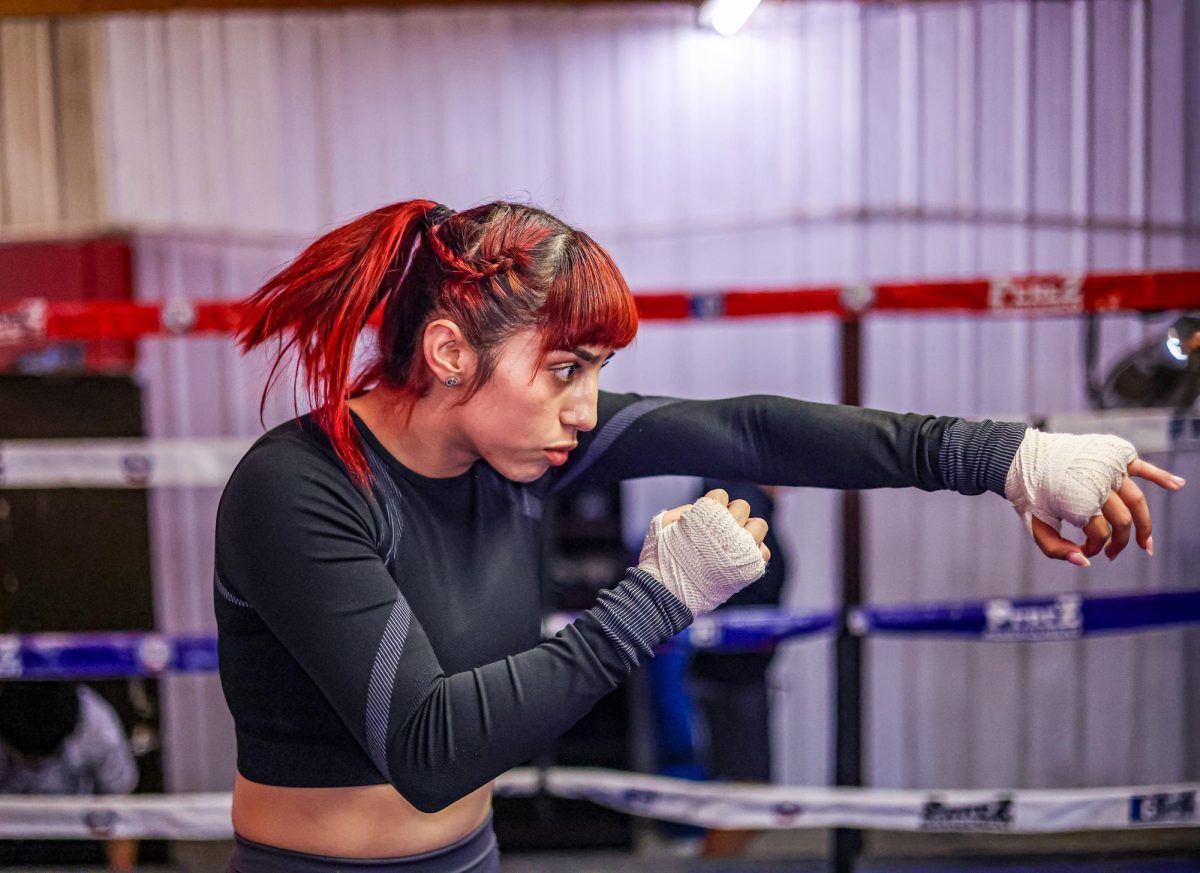On Saturday, my social media feeds were full of talk about the fight between Canelo Alvarez and Gennady Golovkin. This was supposed to be the “fixer” after the debacle that was the Mayweather-McGregor “super fight” a few weeks earlier.
Instead, die-hard boxing fans got what they seem to get more often than not these days – a whole lot of disappointment.
The fight was ruled a draw with one judge scoring the fight 115-113 (Golovkin), one judge scoring the fight 114-114 and a third judge scoring the fight 118-110 (Alvarez). Five rounds that two judges scored for Golovkin, the third judge scored for Alvarez. One of those rounds was the seventh, which even to the casual boxing observer, was dominated by Golovkin.
Even Oscar De La Hoya, Alvarez’s promoter, said, “What was that? People are scratching their heads. They’re confused.”
The same social media that had been full of excitement for the fight, suddenly filled with anger and resentment from people who felt ripped off, yet again.
Following the draw, Golovkin retained his World Boxing Association, World Boxing Council, International Boxing Federation and International Boxing Organization Middleweight championships. Alvarez retained The Ring middleweight title.
The WBC title used to belong to Alvarez until he did not defend his title against Golovkin in a timely manner. De La Hoya and Golovkin’s promoter couldn’t come to an agreement on fight terms, so the fight took more than a year to put together. But at least boxing has plenty of organizations like the WBC to keep everything operating smoothly.
Take this example of the WBO’s ranking system and how smoothly it keeps boxing running.
In 1999, a young super middleweight fighter named Darrin Morris had fought only twice in two and a half years but was in the middle of a 17-fight win streak. Despite the lack of fights, Morris began to move up the WBO rankings from 11h to an eventual high of fifth by 2001. Just as Morris was in line for a shot at the WBO Championship and a big payday, someone noticed a problem with his ranking.
Morris had died of meningitis in October of 2000.
So, you’ve got controversial judging decisions, you’ve got a million boxing (dis)organizations and you’ve got the possibility that the best fighters will never fight in their prime – ahem… Mayweather-Pacquiao. Not to mention the fact that we all sat and watched the greatest, Muhammed Ali, wither away from the amount of traumatic blows to the head that he took; which served as a reminder to us that we are really just watching two guys potentially beat each other into mentally handicapped ex-fighters.
Who is going to take up the mantle of boxing and carry it into the future? As Ultimate Fighting Championship continues to pull in more and more young fans, who are much more interested in the short three-round fights, where the best fighters are guaranteed to fight each other, who will carry boxing into the next generation? One thing is guaranteed. A few more Canelo-GGG-type fights and the fans will eventually give up.
Boxing needs one central governing body, with one belt for each champion. One central governing body will also make sure the fights that need to be made are made. If you’re scared to defend your title against the number one contender or best available fighter, you lose your belt. It’s simple.
When a decision like the lopsided scorecard in the Canelo-GGG fight happens, one central governing body and whichever athletic commission is governing the fight can simply agree that that particular judge will not work anymore. How hard is that?
If boxing doesn’t do something very soon, even the most diehard fans, who still defended boxing after yet another terrible scoring decision on Saturday, will find something better to do with their $99.










